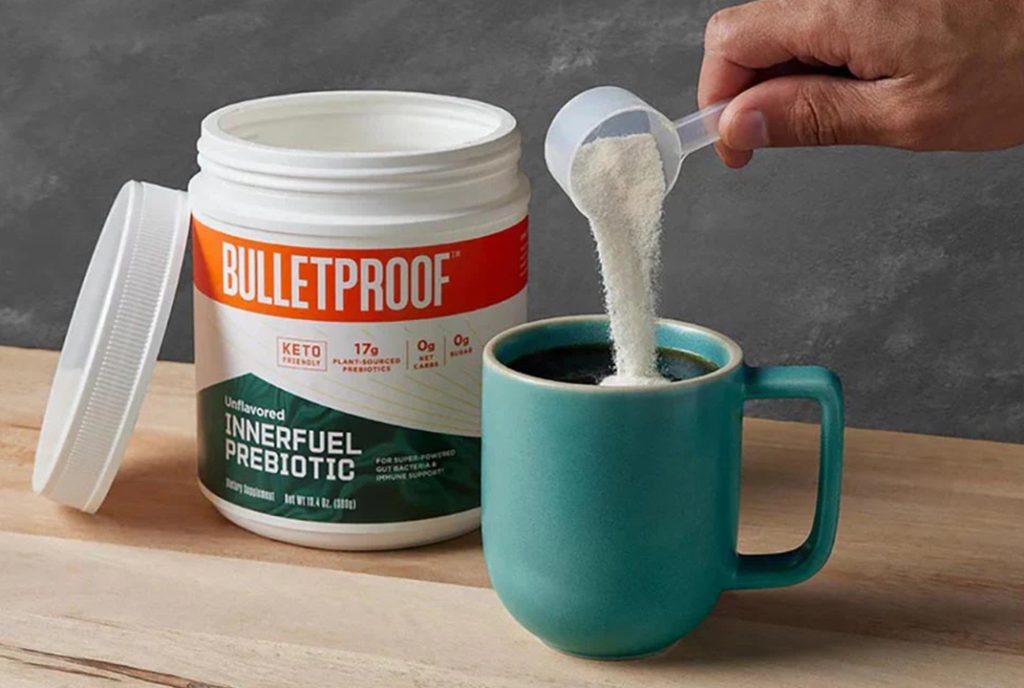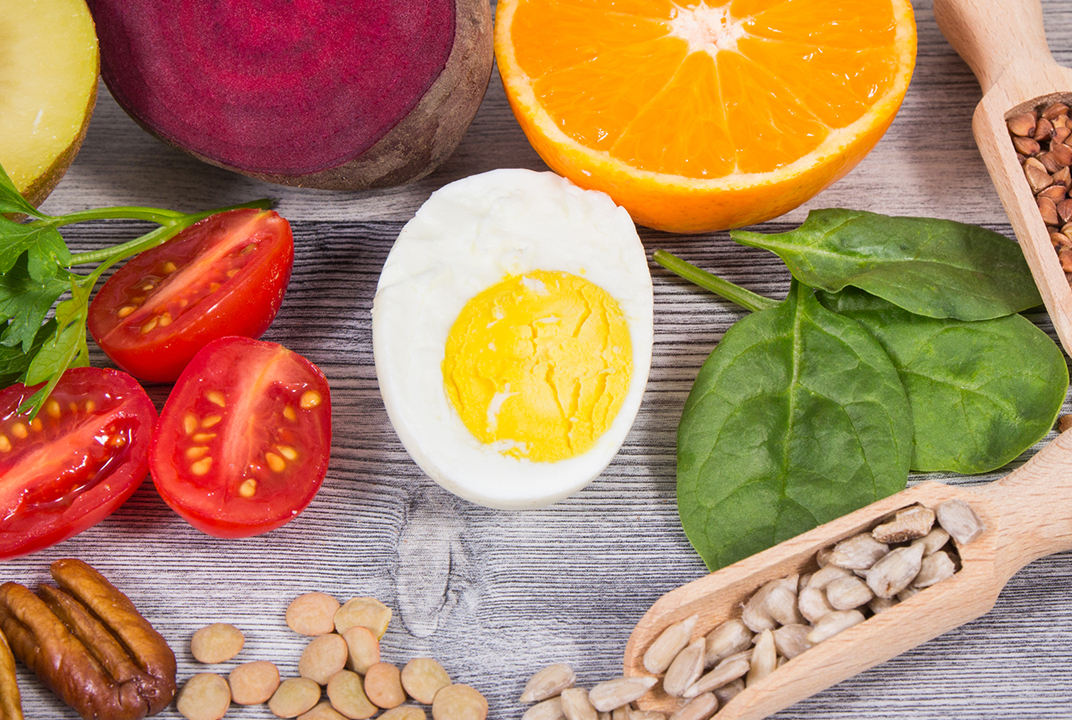One of the primary reasons to include prebiotics in your diet is their ability to enhance digestive health. By providing nourishment for beneficial gut bacteria, prebiotics help maintain a balanced microbiome. This balance is essential for proper digestion, as it aids in breaking down food and absorbing nutrients. A healthy gut microbiome can also help prevent digestive disorders such as irritable bowel syndrome and constipation. Including prebiotic-rich foods can support regular bowel movements and improve overall gut function.
Prebiotics also play a vital role in boosting the immune system. A significant portion of the immune system resides in the gut, and a healthy microbiome can enhance the body’s defenses against infections and diseases. Research suggests that prebiotics can help modulate immune responses, reducing the risk of allergies and autoimmune conditions. By promoting the growth of beneficial bacteria, prebiotics contribute to a more resilient immune system, which is especially important in today’s world where gut health is increasingly linked to overall health.

Incorporating prebiotics into your diet is relatively simple and can be done through various food sources. Foods rich in prebiotics include garlic, onions, leeks, asparagus, bananas, and whole grains. These foods contain specific types of fibers, such as inulin and fructooligosaccharides, that are known to promote gut health. Adding these ingredients to your meals can enhance flavor while simultaneously providing essential nutrients to support your gut microbiome.
Another effective way to increase your prebiotic intake is through fermented foods. While these foods are primarily sources of probiotics, they often contain prebiotic fibers as well. Foods like yogurt, kefir, sauerkraut, and kimchi can provide a dual benefit by supplying both beneficial bacteria and the fibers they need to thrive. Combining prebiotic and probiotic foods can create a synergistic effect that enhances gut health even further.
It is also essential to consider the balance between prebiotics and other dietary components. A diet high in processed foods and sugars can negatively affect gut health by promoting the growth of harmful bacteria. By focusing on whole, minimally processed foods, you can create an environment in your gut that encourages the proliferation of beneficial bacteria. This holistic approach to nutrition not only supports gut health but also contributes to overall well-being.
Monitoring your body’s response to prebiotics is crucial. Some individuals may experience digestive discomfort when increasing their intake of prebiotic fibers, especially if done too quickly. Gradually introducing these foods into your diet can help your digestive system adjust. Keeping track of how you feel can provide insights into which prebiotic sources work best for you.
Prebiotics are a vital component of a healthy diet that can significantly impact gut health and overall wellness. By understanding their benefits and incorporating a variety of prebiotic-rich foods into your meals, you can support your digestive system, enhance your immune function, and contribute to a healthier lifestyle. Embracing prebiotics as part of your daily routine is a simple yet effective way to promote long-term health.






